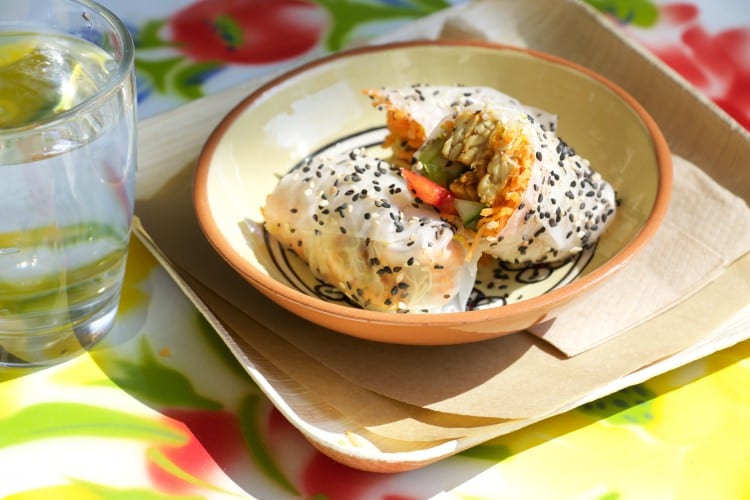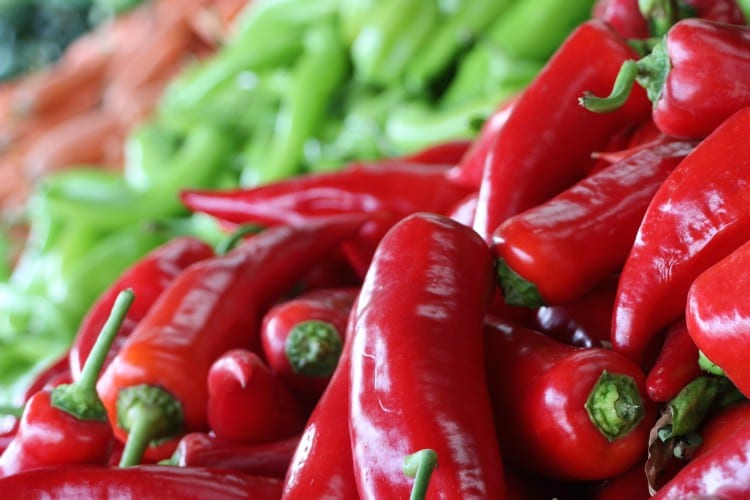Health News & Articles
Nourishing Wisdom
You might have heard it before: diets are not good for you and most probably pointless, at least in the way diets exist today.
Marc David, the founder of the Institute for the Psychology of Eating, tells us that those who recommend you to follow a specific, rigid diet are actually telling you to follow their lifestyle, their ideals, even their ethics. Sure it is good for them, but is it good for you?
According to him, it is practically useless to follow any pre-designed diet.
When I read about this concept, my whole relationship with food changed. Marc David talks about nourishing, not only as the act of eating, but as a natural process that involves many elements: from the actual food we eat, to our emotional state in the moment we eat it, our inherited physiology, our character traits, our habits, our upbringing, our beliefs, the relationship with our selves and with others and our environment.
As he sees it, it is not just about eating your broccoli. It is about where the broccoli comes from, where you come from, how you are feeling that day and in the moment you eat it, what you combine it with, when you eat it, who you eat with, and who you are.
You might be one of many who just cannot digest broccoli well, but you eat it regularly anyway because “it’s good for me”.
 I quite like the idea that each individual’s diet is as personal as his or her own fingerprints.
I quite like the idea that each individual’s diet is as personal as his or her own fingerprints.
As I grow older, I am learning more about what is good for me and what isn’t. Broccoli is one of the latter. Chocolate and raw cacao (a renowned super food), as much as I may love them, are simply not suitable for my digestion. It took a long time for me to realize this and the reasons why.
I inherited a weak gall bladder from my mum, who inherited it from my grandmother, and although I am in the low risk group–I am not over weight, I exercise regularly and I don’t drink alcohol often–I also happen to be Spanish. My childhood diet consisted of a lot of fried foods, cured meats, nuts, onions, and literally all the foods that make a gall bladder overwork.
Add to that a strong character with a tendency to over-do, a couple of stressful years through family problems, a job that kept me busy enough to forget to eat at regular hours and a tendency to stay up late at night (I am from Madrid after all). Right there, you have a near-guaranteed recipe for a troublesome gall bladder.
You could argue that I should avoid onions, chocolate, wine, fried foods and animal fats, but would that really be the solution to my problems? Reading Marc David’s views on food made me realize that not only did I have to change what I ate, but I also had to change my life! I had a lot of work to do. I had to implement changes in the way I worked, in my relationships with my loved ones and in interactions with people perhaps less “easy to digest”.
Making the changes necessary for a good, nourishing life can be very confronting. You will surely find a lot of resistance, from yourself and those around you. It may sound simple, but it took me a long time, through trial and error to learn what is good for me; it is still nowhere near perfect. It will never be. However, I do feel that when I sit down to eat, I enjoy my food much more now, and I genuinely like what, and how I eat it. I don’t really put weight on because I am active, and as a result I rarely feel like running for the cookie jar. When I do look for the passing comfort of something sweet, it is easier to come back to myself.
I have learned that when my environment was lacking substance, to compensate from the lack of nourishment in my life, I would either over-eat the wrong foods, or I would not eat enough of the good ones.
 If you feel unhappy with your own body, please look further than your love for sweets–or let’s say look closer. Get to understand yourself and what upsets you, what triggers you, ask yourself if your world beyond the plate is nourishing enough. Only when you start making changes will you begin to feel more fulfilled and therefore less hungry for empty comfort foods.
If you feel unhappy with your own body, please look further than your love for sweets–or let’s say look closer. Get to understand yourself and what upsets you, what triggers you, ask yourself if your world beyond the plate is nourishing enough. Only when you start making changes will you begin to feel more fulfilled and therefore less hungry for empty comfort foods.
So fill up your day with activities you truly enjoy, sit at the table in the company of family and friends, take your time to taste the local, fresh produce, prepare meals with love, relish the smells of nature, and add flavor to your daily life with good exercise. Then create your own recipe for change where you need it.



Leave a Reply